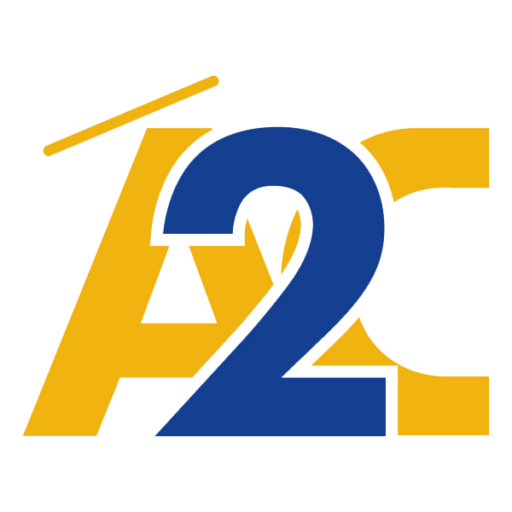As the demand for healthcare professionals grows, many people are considering careers in this field. While traditional four-year colleges are a well-known route, many prospective students are exploring alternative options for healthcare certification. Non-traditional colleges, technical schools, and alternative institutions offer faster, more affordable pathways into rewarding healthcare careers without the burden of a lengthy academic commitment.
Here’s a breakdown of some of the healthcare certifications you can pursue through non-traditional and alternative college institutions:
1. Certified Nursing Assistant (CNA)
- What is it?
CNAs provide essential care, including helping patients with daily activities like dressing, bathing, and eating. They are a critical support system in hospitals, nursing homes, and residential care facilities. - Where to get certified?
Many non-traditional institutions, such as technical schools, community colleges, and online training platforms, offer CNA programs. Institutions like the Palm Beach Academy of Health & Beauty are examples of schools where you can gain practical training in a short amount of time. - Duration:
CNA programs typically take 4–12 weeks to complete.
2. Medical Assistant (MA)
- What is it?
Medical Assistants work in clinics and doctor’s offices, handling both administrative and clinical tasks like taking patient histories, preparing them for exams, and assisting with minor procedures. - Where to get certified?
Alternative education providers such as vocational schools or career colleges, like the Palm Beach Academy of Health & Beauty, offer focused Medical Assistant programs that include both classroom and hands-on training. - Duration:
Certification programs range from 9 months to 2 years.
3. Pharmacy Technician
- What is it?
Pharmacy Technicians assist pharmacists in dispensing prescription medication and providing customer service in retail and hospital settings. - Where to get certified?
Institutions like technical colleges or online training programs like Radford M Locklin Technical Center offer convenient options for earning your certification. Some bootcamp-like programs allow you to get hands-on training with a focus on fast-tracked learning. - Duration:
These programs can range from a few months to a year, depending on the depth of training required.
4. Phlebotomy Technician
- What is it?
Phlebotomy Technicians are specialists in drawing blood for testing, transfusions, research, or donations. - Where to get certified?
Programs are available at non-traditional colleges such as community colleges or specialized healthcare academies. Institutions like Lex La-Ray Technical Center offer quick, practical courses that focus on developing clinical skills. - Duration:
Certification courses take anywhere from 1 to 3 months.
5. Dental Assistant
- What is it?
Dental Assistants work closely with dentists, preparing patients for treatment, sterilizing instruments, and providing post-treatment care. - Where to get certified?
Technical and vocational schools often offer specialized programs that can be completed in less than a year. Alternative learning institutions like New York School for Medical and Dental Assistants provide a mix of in-class and hands-on learning for Dental Assistant programs. - Duration:
Certification programs typically last around 9–12 months.
6. Home Health Aide (HHA)
- What is it?
HHAs provide in-home care for elderly or disabled individuals. Their work involves personal care, light housekeeping, and basic medical services under the supervision of a nurse or healthcare professional. - Where to get certified?
Certification programs are offered by community health organizations, vocational schools, and online platforms like CareAcademy. Many non-traditional colleges also provide blended learning models to accommodate working students. - Duration:
Courses usually last between 6 weeks and 6 months.
7. EKG Technician
- What is it?
EKG Technicians operate electrocardiogram machines that monitor the heart’s activity. They work in hospitals and cardiac care centers, performing non-invasive tests to assist doctors in diagnosing heart problems. - Where to get certified?
Programs are available through healthcare academies, online training courses, and technical colleges. Institutions like Unitech Training Academy specialize in fast-track healthcare certification courses. - Duration:
Certification programs take about 3–6 months to complete.
Benefits of Non-Traditional and Alternative Institutions
One of the greatest advantages of these certification programs is the accelerated timeline. Unlike traditional degrees that can take years, these programs get you career-ready in a matter of months, allowing you to start working and earning sooner. Many non-traditional programs offer flexible schedules with evening or weekend classes, online modules, and hands-on training. This is ideal for adult learners who might be balancing work or family responsibilities. Non-traditional colleges and alternative education platforms often come with a much lower price tag than four-year institutions. Additionally, shorter program lengths help reduce overall costs. These programs often focus on skill-building rather than theory, ensuring that graduates are ready to jump into their roles with practical knowledge and hands-on experience.
Conclusion
Non-traditional colleges and alternative education institutions provide practical, efficient, and accessible ways to break into the healthcare industry. Whether you are seeking a faster track to employment or need flexibility in your educational journey, there are numerous options to gain healthcare certifications outside the traditional college route. Consider your career goals, time availability, and financial situation to choose the certification program that best suits your needs. If you are interested in similar programs, check out Alternativestocollege.com for more options on healthcare certifications and other career training opportunities.
